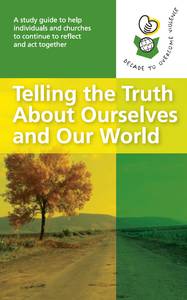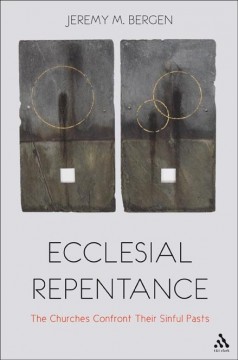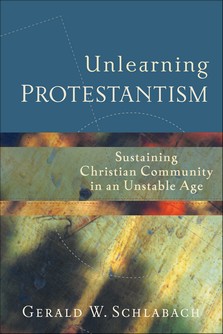 Geneva (WCC) — “Telling the Truth About Ourselves and Our World”, a study guide on overcoming violence in contemporary contexts, has been published by the World Council of Churches in English, French, German and Spanish as part of the build-up to the International Ecumenical Peace Convocation (IEPC) in May 2011 at Kingston, Jamaica.
Geneva (WCC) — “Telling the Truth About Ourselves and Our World”, a study guide on overcoming violence in contemporary contexts, has been published by the World Council of Churches in English, French, German and Spanish as part of the build-up to the International Ecumenical Peace Convocation (IEPC) in May 2011 at Kingston, Jamaica.
Gathering about 1,000 representatives from church-related peace networks from all over the world, the convocation will mark the culmination of the ongoing ecumenical Decade to Overcome Violence (2001-2010) – Churches Seeking Reconciliation and Peace.
Four main sections of the study guide provide resources for discussion of the central themes of the IEPC: peace in the community, peace with the Earth, peace in the marketplace and peace among peoples.
The pattern suggested as a process for considering each theme provides an opportunity to relate the theme to one’s own context and experience, further reflection on the theme in a global perspective, a search for one’s own vision of peace and a commitment to action.
The study guide also provides resources for prayer, study, further reading and action.
The publication is now available in English, French, German and Spanish on the Decade to Overcome Violence (DOV) website.
Printed booklets may be ordered from dov@wcc-coe.org; these hard copies are free of charge, but there will be a charge for shipping quantities of more than 25.
The DOV would welcome offers to translate the study guide into additional languages. Such translations would then be posted on the website.
The new study guide is a follow-up to the widely used DOV publication “Why Violence? Why Not Peace?” which has been translated into 16 languages.
Study guide “Telling the Truth About Ourselves and Our World” (pdf, 1.1 MB)
Decade to Overcome Violence (DOV)
International Ecumenical Peace Convocation (IEPC)





 Geneva (
Geneva (